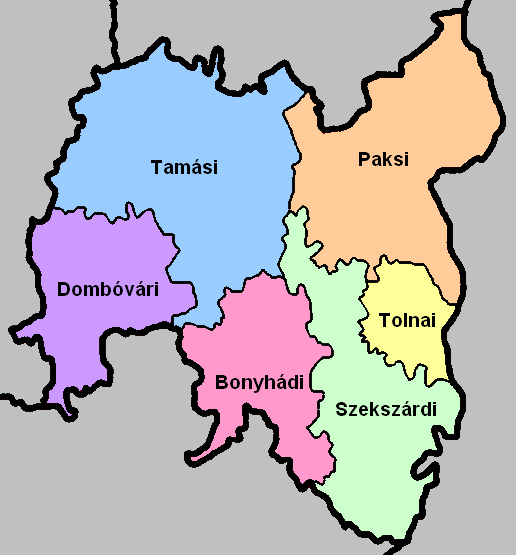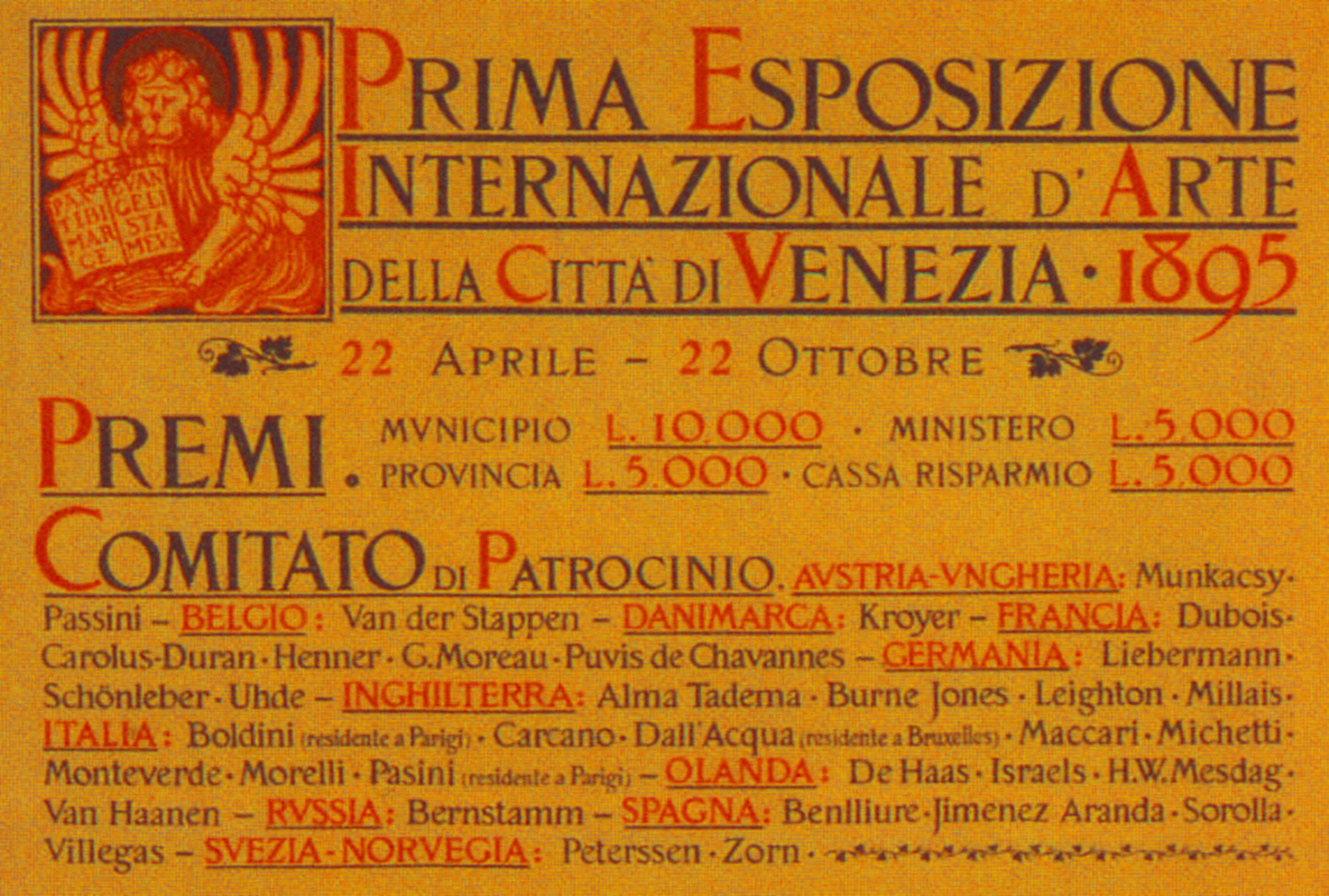|
Károly Escher
Károly Escher (21 October 1890 - 16 February 1966) was a Hungarian photographer. Escher was born in Szekszárd, in the Tolna region of Hungary. He worked as a cinematographer on news reels during the briefly lived Hungarian Soviet Republic. Later he worked for the newspaper ''Pesti Napló'' during the 1930s and 1940s. He died at age 75 in Budapest in 1966. Filmography *''Mackó úr kalandjai'' (1920) *''Masamód'' (1920) ... ''Masa's Way'' *''A Szerelem mindent legyöz'' (1920) Awards * 1938 Venice Biennale The Venice Biennale ( ; ) is an international cultural exhibition hosted annually in Venice, Italy. There are two main components of the festival, known as the Art Biennale () and the Venice Biennale of Architecture, Architecture Biennale (), ... Silver medal. External links Articlein ''The Guardian'' with some biographical information. The Red News-Reel of the Tanácsköztársaság: History Dream and Cinema Imaginationby Bruno De Marchi 1890 births 1966 deaths ... [...More Info...] [...Related Items...] OR: [Wikipedia] [Google] [Baidu] |
Szekszárd
Szekszárd (, formerly also ''Szegzárd''; ; or ; ) is a small city in southern Hungary and the capital of Tolna County. By population, Szekszárd is the smallest county capital in Hungary; by area, it is the second-smallest (after Tatabánya). Location Szekszárd lies at the meeting point of the Transdanubian Mountains, Transdanubian Hills and the Alföld, Great Hungarian Plain, at the mouth of Sió into the flood plain of Danube. Etymology The Etymological Dictionary of Geographical Names, somewhat differently from the above, derives the name of the locality from the old Hungarian colour name szegszár (sötétsárga, brownish yellow), which could have become a personal name with the diminutive -d and thus could have been a predecessor of the town name. History Szekszárd was first mentioned in 1015. The Benedictine monastery of the town was founded by King Béla I of Hungary, Béla I in 1061. During the reign of Matthias Corvinus of Hungary, King Matthias, Szekszárd w ... [...More Info...] [...Related Items...] OR: [Wikipedia] [Google] [Baidu] |
Tolna County
Tolna (, ; ) is an administrative county (Comitatus (Kingdom of Hungary), comitatus or vármegye) in present-day Hungary as it was in the former Kingdom of Hungary. It lies in central Hungary, on the west bank of the river Danube. It shares borders with the Hungarian counties of Somogy County, Somogy, Fejér, Bács-Kiskun, and Baranya (county), Baranya. The capital of Tolna county is Szekszárd. Its area is 3,703 km2. History Tolna (in Latin: ''comitatus Tolnensis'') was also the name of a historic administrative county (Comitatus (Kingdom of Hungary), comitatus) of the Kingdom of Hungary. Its territory, which was about the same as that of the present Tolna county, is now in central Hungary. The capital of the county was Szekszárd. Demographics In 2015, Tolna had a population of 225,936 and the population density was . Ethnicity Besides the Hungarian majority, the main minorities are the Germans (approx. 10,000) and Roma (8,500). Total population (2011 census): 230,3 ... [...More Info...] [...Related Items...] OR: [Wikipedia] [Google] [Baidu] |
Hungary
Hungary is a landlocked country in Central Europe. Spanning much of the Pannonian Basin, Carpathian Basin, it is bordered by Slovakia to the north, Ukraine to the northeast, Romania to the east and southeast, Serbia to the south, Croatia and Slovenia to the southwest, and Austria to the west. Hungary lies within the drainage basin of the Danube, Danube River and is dominated by great lowland plains. It has a population of 9.6 million, consisting mostly of ethnic Hungarians, Hungarians (Magyars) and a significant Romani people in Hungary, Romani minority. Hungarian language, Hungarian is the Languages of Hungary, official language, and among Languages of Europe, the few in Europe outside the Indo-European languages, Indo-European family. Budapest is the country's capital and List of cities and towns of Hungary, largest city, and the dominant cultural and economic centre. Prior to the foundation of the Hungarian state, various peoples settled in the territory of present-day Hun ... [...More Info...] [...Related Items...] OR: [Wikipedia] [Google] [Baidu] |
Hungarian Soviet Republic
The Hungarian Soviet Republic, also known as the Socialist Federative Soviet Republic of Hungary was a short-lived communist state that existed from 21 March 1919 to 1 August 1919 (133 days), succeeding the First Hungarian Republic. The Hungarian Soviet Republic was a small communist rump state which, at its time of establishment, controlled approximately only 23% of Hungary's historic territory. The head of government was Sándor Garbai, but the influence of the foreign minister Béla Kun of the Party of Communists in Hungary was much stronger. Unable to reach an agreement with the Triple Entente, which maintained an economic blockade of Hungary, in dispute with neighboring countries over territorial disputes, and beset by profound internal social changes, the Hungarian Soviet Republic failed in its objectives and was abolished a few months after its existence. Its main figure was the Communist Béla Kun, despite the fact that in the first days the majority of the new govern ... [...More Info...] [...Related Items...] OR: [Wikipedia] [Google] [Baidu] |
Pesti Napló
''Pesti Napló'' () was a Hungarian newspaper published from March 1850 to October 1939. The paper was based in Budapest, Hungary Hungary is a landlocked country in Central Europe. Spanning much of the Pannonian Basin, Carpathian Basin, it is bordered by Slovakia to the north, Ukraine to the northeast, Romania to the east and southeast, Serbia to the south, Croatia and .... The Hungarian author Zsigmond Kemény was among the regular contributors to another paper, ''Pesti Hírlap''. He became the editor of ''Pesti Napló'' in 1855. References 1850 establishments in Hungary 1939 disestablishments in Hungary Defunct newspapers published in Hungary Defunct Hungarian-language newspapers Newspapers published in Budapest Newspapers established in 1850 Publications disestablished in 1939 {{Hungary-newspaper-stub ... [...More Info...] [...Related Items...] OR: [Wikipedia] [Google] [Baidu] |
Budapest
Budapest is the Capital city, capital and List of cities and towns of Hungary, most populous city of Hungary. It is the List of cities in the European Union by population within city limits, tenth-largest city in the European Union by population within city limits and the List of cities and towns on the river Danube, second-largest city on the river Danube. The estimated population of the city in 2025 is 1,782,240. This includes the city's population and surrounding suburban areas, over a land area of about . Budapest, which is both a List of cities and towns of Hungary, city and Counties of Hungary, municipality, forms the centre of the Budapest metropolitan area, which has an area of and a population of 3,019,479. It is a primate city, constituting 33% of the population of Hungary. The history of Budapest began when an early Celts, Celtic settlement transformed into the Ancient Rome, Roman town of Aquincum, the capital of Pannonia Inferior, Lower Pannonia. The Hungarian p ... [...More Info...] [...Related Items...] OR: [Wikipedia] [Google] [Baidu] |
Venice Biennale
The Venice Biennale ( ; ) is an international cultural exhibition hosted annually in Venice, Italy. There are two main components of the festival, known as the Art Biennale () and the Venice Biennale of Architecture, Architecture Biennale (), which are held in alternating years (hence the name). There are also four additional components, each usually held on an annual basis, comprising , , Venice Film Festival, and Venice Dance Biennale. Between them they cover contemporary art, architecture, music, theatre, film, and contemporary dance. The main exhibition is held in Castello, Venice, Castello and has around 30 permanent pavilions built by different countries. The Biennale has been organised every year since 1895, which makes it the oldest of its kind. Since 2021, the Art Biennale has taken place in even years and the Architecture Biennale in odd years. History 1895–1947 On 19 April 1893, the Venetian City Council passed a resolution to set up an biennial exhibition of I ... [...More Info...] [...Related Items...] OR: [Wikipedia] [Google] [Baidu] |
1890 Births
Events January * January 1 – The Kingdom of Italy establishes Eritrea as its colony in the Horn of Africa. * January 2 – Alice Sanger becomes the first female staffer in the White House. * January 11 – 1890 British Ultimatum: The United Kingdom demands Portugal withdraw its forces from the land between the Portuguese colonies of Portuguese Mozambique, Mozambique and Portuguese Angola, Angola (most of present-day Zimbabwe and Zambia). * January 15 – Ballet ''The Sleeping Beauty (ballet), The Sleeping Beauty'', with music by Pyotr Ilyich Tchaikovsky, Tchaikovsky, is premiered at the Mariinsky Theatre, Imperial Mariinsky Theatre in Saint Petersburg, St. Petersburg, Russia. * January 25 ** The United Mine Workers of America is founded. ** American journalist Nellie Bly completes her round-the-world journey in 72 days. February * February 5 – The worldwide insurance and financial service brand Allianz is founded in Berlin, Germany. * February 18 – The National Americ ... [...More Info...] [...Related Items...] OR: [Wikipedia] [Google] [Baidu] |
1966 Deaths
Events January * January 1 – In a coup, Colonel Jean-Bédel Bokassa takes over as military ruler of the Central African Republic, ousting President David Dacko. * January 3 – 1966 Upper Voltan coup d'état: President Maurice Yaméogo is deposed by a military coup in the Republic of Upper Volta (modern-day Burkina Faso). * January 10 ** Pakistani–Indian peace negotiations end successfully with the signing of the Tashkent Declaration, a day before the sudden death of Indian prime minister Lal Bahadur Shastri. ** Georgia House of Representatives, The House of Representatives of the US state of Georgia refuses to allow African-American representative Julian Bond to take his seat, because of his anti-war stance. * January 15 – 1966 Nigerian coup d'état: A bloody military coup is staged in Nigeria, deposing the civilian government and resulting in the death of Prime Minister Abubakar Tafawa Balewa. * January 17 ** The Nigerian coup is overturned by another faction of the ... [...More Info...] [...Related Items...] OR: [Wikipedia] [Google] [Baidu] |
Hungarian Photographers
Hungarian may refer to: * Hungary, a country in Central Europe * Kingdom of Hungary, state of Hungary, existing between 1000 and 1946 * Hungarians/Magyars, ethnic groups in Hungary * Hungarian algorithm, a polynomial time algorithm for solving the assignment problem * Hungarian language, a Uralic language spoken in Hungary and all neighbouring countries * Hungarian notation, a naming convention in computer programming * Hungarian cuisine Hungarian or Magyar cuisine (Hungarian language, Hungarian: ''Magyar konyha'') is the cuisine characteristic of the nation of Hungary, and its primary ethnic group, the Hungarians, Magyars. Hungarian cuisine has been described as being the P ..., the cuisine of Hungary and the Hungarians See also * * {{disambiguation Language and nationality disambiguation pages ... [...More Info...] [...Related Items...] OR: [Wikipedia] [Google] [Baidu] |




